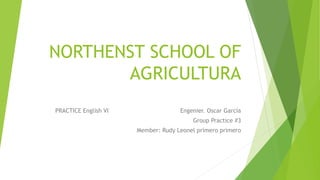The document provides information on the present perfect tense of the verb "to be" and examples of its use. It discusses the affirmative, negative, and interrogative forms of "there is/are" in the present tense. Examples are given for singular and plural forms. The future tense of "have to" is also discussed, with examples given of its conjugation.





























